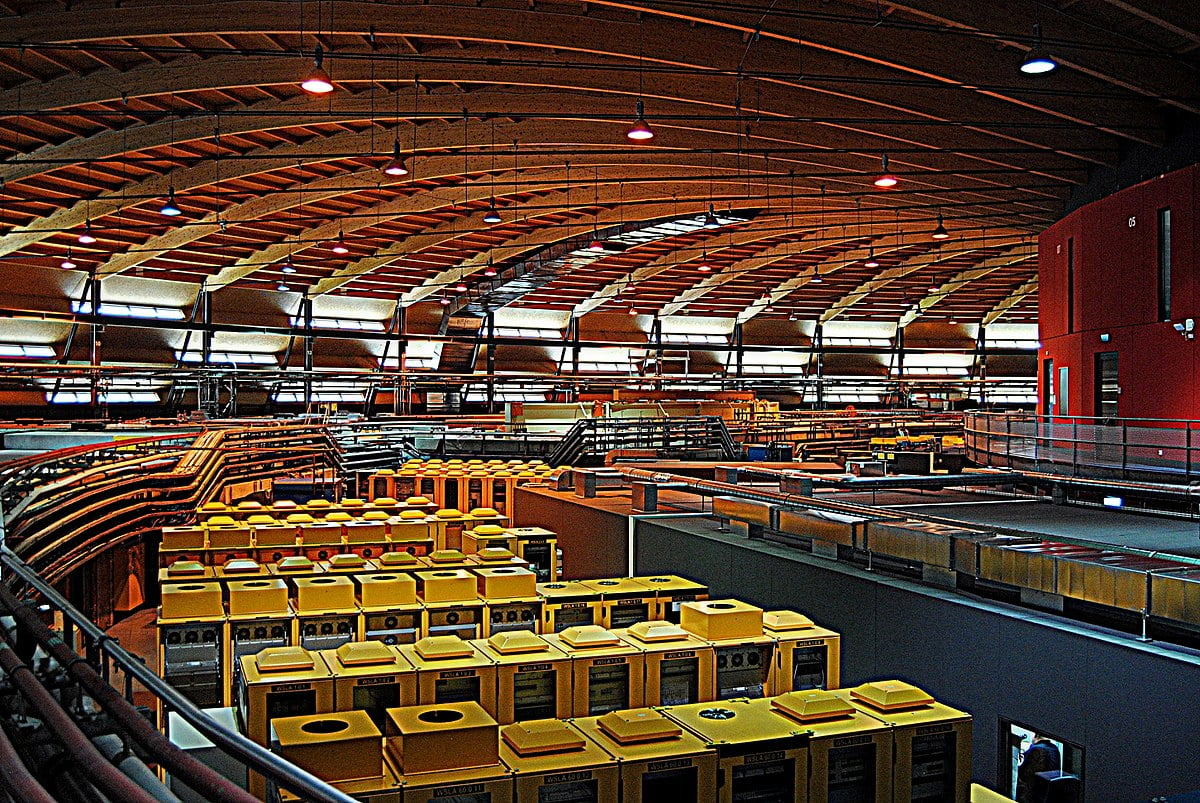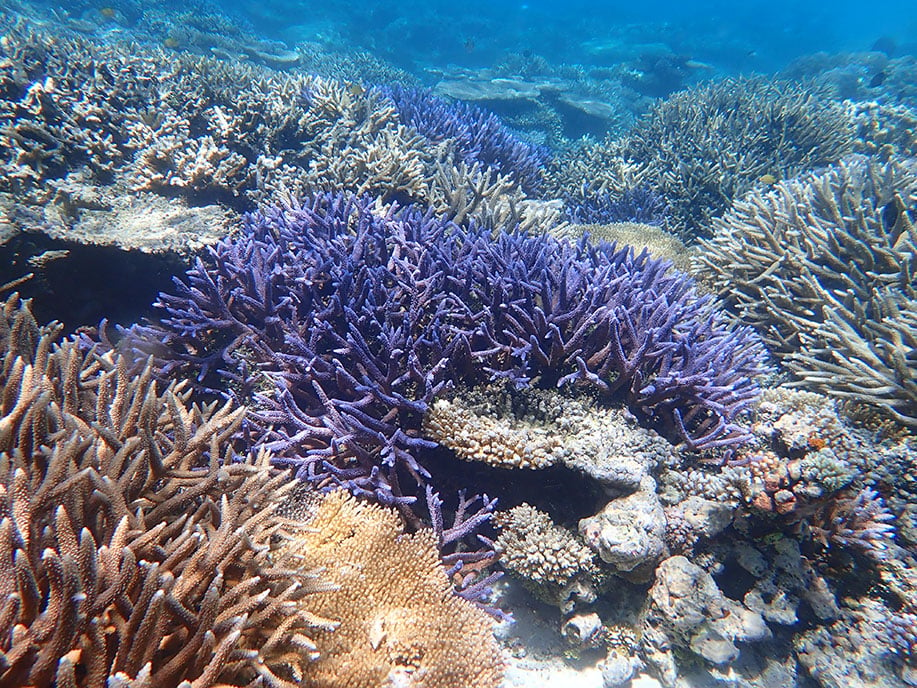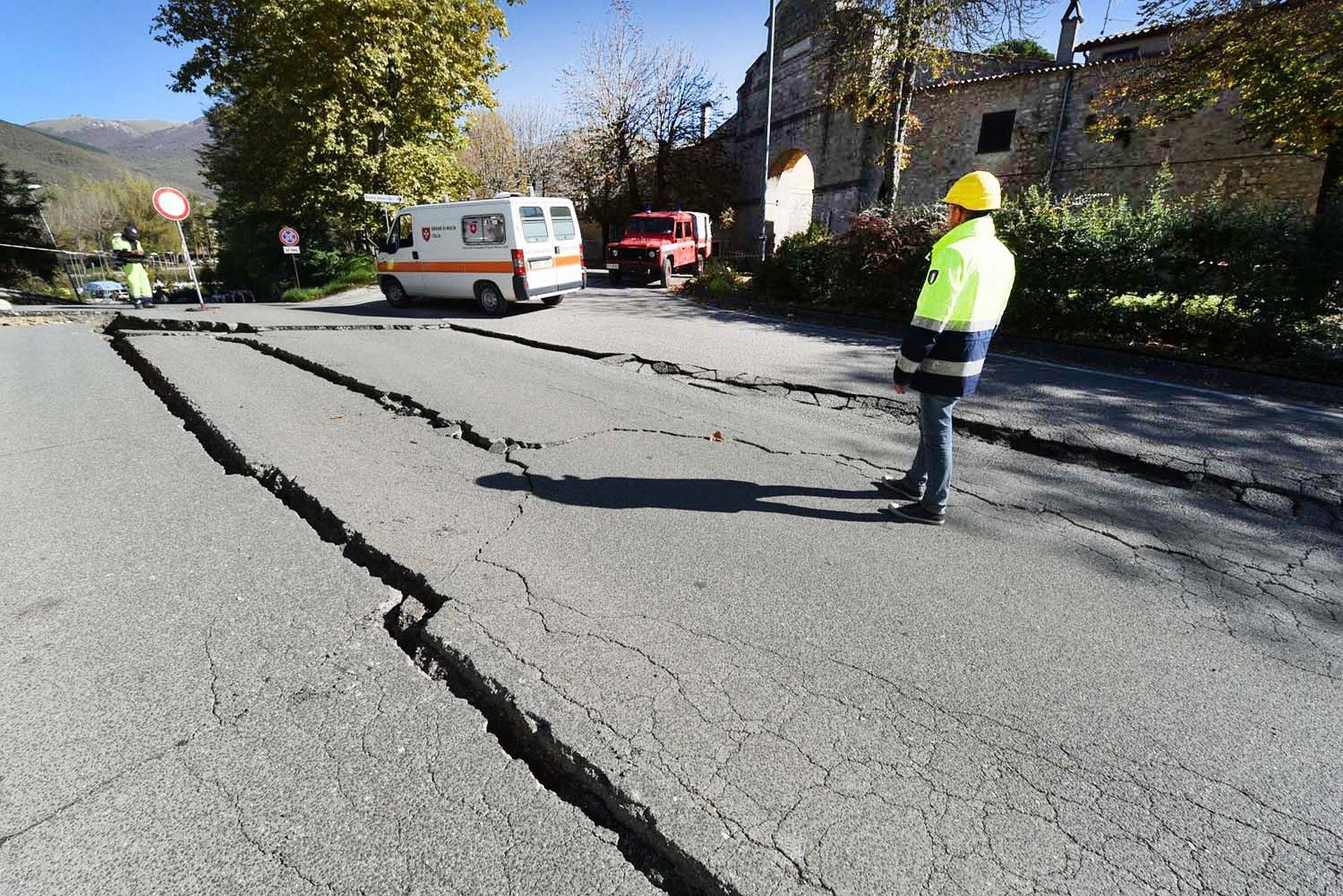New wave of medical ‘deep tech’ can help coronavirus response – but there’s resistance
The development of new medical technologies based on cutting-edge discoveries has accelerated during the coronavirus pandemic and is helping us respond to the health crisis. But for these technologies to flourish, attitudes and scepticism among investors still need to change, say researchers and start-ups. ‘Deep tech’ describes companies working with technologies such as advanced material … Read more






